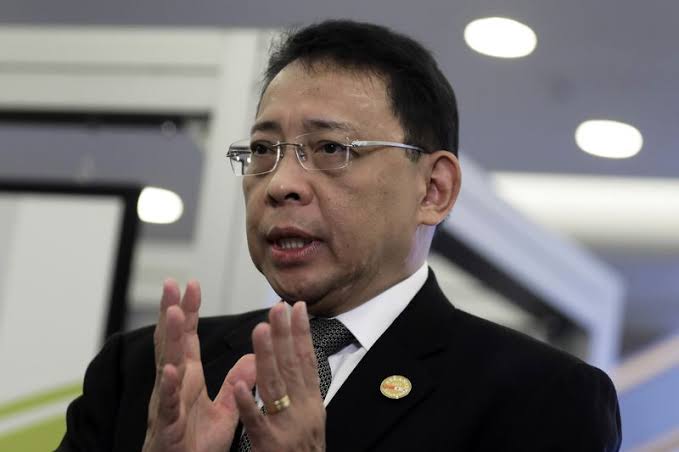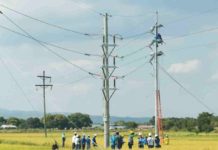
MANILA – The Bangko Sentral ng Pilipinas’ (BSP) policy-making Monetary Board (MB) on Thursday adjusted the central bank’s average inflation projections for the 2019-2020 period primarily on oil price considerations.
In a briefing, BSP Deputy Governor Diwa Guinigundo said that from three percent projection for both years during the MB rate setting meet last March 21, the latest projection is 2.9 percent for this year and 3.1 percent for next year.
He attributed the lower projection for this year to slower growth of domestic liquidity or M3 because of the impact of the 175 basis points increase in the BSP’s policy rates from May to November 2018, the lower global growth and lower power rates in areas being serviced by the Manila Electric Company (Meralco).
On the other hand, the factors for the upward adjustment in the average inflation forecast for next year are the rise in global crude oil prices and increase in minimum jeepney fare.
On Thursday, the MB cut by 25 basis points the BSP’s key rates due to sustained deceleration of domestic inflation rate and the slower growth in the first quarter of the year due in part to the delay in the approval of the 2019 national budget.
Inflation slowed to three percent last April while average in the first four months this year stood at 3.6 percent.
On the other hand, growth, as measured by gross domestic product (GDP), slowed to 5.6 percent from year-ago’s 6.5 percent and quarter-ago’s 6.3 percent.
These two factors are the main reasons for the slash in the BSP’s key policy rates by 25 basis points on Thursday. Starting Friday, May 10, the BSP’s overnight reverse repurchase (RRP) facility rate will be 4.5 percent.
Guinigundo explained that the rate cut “will not impact significantly on the path of inflation moving forward” since the latest projections remain within the government’s two to four percent target band until 2022.
“That means that it is right in the neighborhood of the target,” he said.
Guinigundo said the public need not worry about the impact of the rise in global oil prices on domestic oil prices since under the law if global oil prices hit USD80 per barrel for three consecutive months the government can suspend the implementation of excise tax on fuel.
“That will help. It will serve as circuit breaker,” he said.
The BSP executive, on the other hand, pointed out that based on their assessments even if global oil prices hit USD80 per barrel inflation will remain within target until next year.
In terms of the impact of El Nino, Guinigundo said that while reports have said that the dry spell is now expected to last until August this year there might be some changes in the coming months.
“Anything can happen so the conduct of monetary policy will have to be done in a very careful, very deliberate way. Don’t expect it to be sharp but it’s going to be gradual. And it is going to be data-dependent,” he said.
Guinigundo expects inflation to bottom out in the third quarter of this year, with negative base effects projected from June to October because of high rates last year.
Inflation peaked at 6.7 percent in September to October last year. (PNA)



